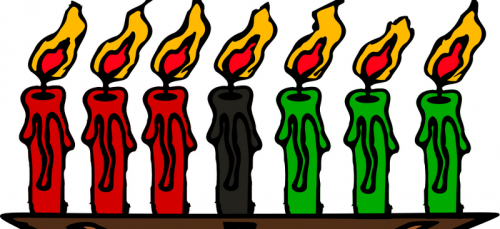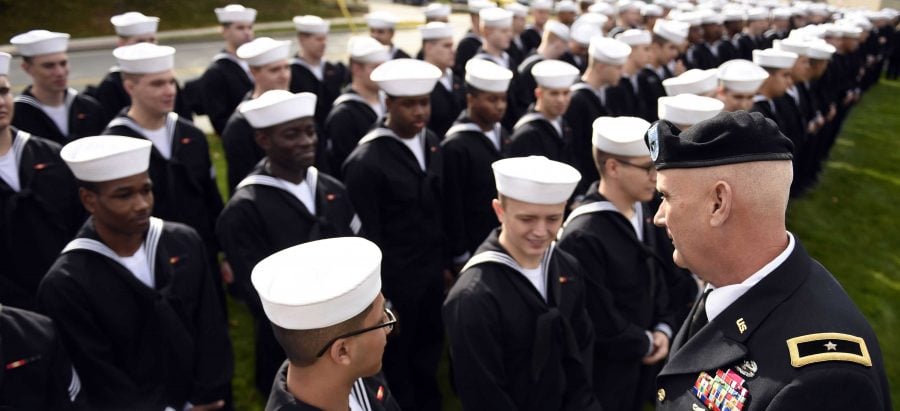
In America the holiday calendar is pretty busy this time of year. After Thanksgiving and the shopping madness that is Black Friday, most Americans get ready for Christmas or Hanukah. Those two religious holidays have long traditions.
There is another holiday that takes place in December, but lacks the tradition that its counter parts have. Kwanzaa is a holiday that was created by Maulana Karenga in 1966, and it is supposed “to introduce and reinforce seven basic values of African Cultures which contribute to building and reinforcing family community and culture among African American people as well as Africans throughout the world African community.” Kwanzaa is a weeklong celebration held in the United States. Kwanzaa’s seven core principles are in Swahili and they are Umoja, Kujichagulia, Ujima, Ujamaa, Nia, Kuumba, and Imani. Kwanzaa was invented during the period of Pan Africanism in America, which encouraged African Americans to go back to Africa.
The problem with Kwanzaa is not that it borrows the candle lighting ceremony from Hanukkah, or that the majority of African Americans do not celebrate it, but that it separates different races of people. Kwanzaa is the time African Americans get together with their family and practice seven principles for life, but the holiday excludes other races. The fact that everyone does not share the holiday needs to be changed. Imagine the Fourth of July being a time when only certain people get to celebrate America’s freedom.
The idea of a separate holiday just for African Americans is a mind state that came from the Jim Crow era of America. The idea that African Americans needed a separate holiday to be with their families that is different from what the rest of America celebrates leads to more discourse between races. In the 1960s, blacks could not mingle with whites in public, so the reasoning for a separate holiday was strong. Blacks were lynched and beaten for trying to be a part of the American culture.
Since segregation was been outlawed in America, African Americans have worked hard to be integrated into the culture of America. But with the recent discussions about racism. In America, due in part to the Michael Brown case, the racial gap is now widening in a time where it should be shrinking. The riots in Ferguson and the news coverage that the situation received is slowly drawing a line between blacks and whites that can lead to more violence and ignorance between races. Americans need to have a mind state that everyone shares this country, and it is best for everyone to get along.
Today, people from all races need to come together to help build a stronger country for the next generation. Opening up Kwanzaa to the masses could be the first step to uniting the people in America. Teaching others about Kwanzaa, its principles, and the African culture can go toward eliminating the ignorance a lot of people have towards black people.
One of the principles of Kwanzaa is Umoja, which means unity in Swahili. It means to strive for and to maintain unity in the family, community, nation, and race. Instead of focusing on just the African American race, people who celebrate Kwanzaa can bring Umoja to all the people in America. Black people in America need to take this opportunity to open the doors of discussion about race.
The celebration of the African culture is fine, and black people in America should never forget their past or what their ancestors went through. Kwanzaa as a holiday is outdated, but the belief system that it has can teach others how to be better people.



